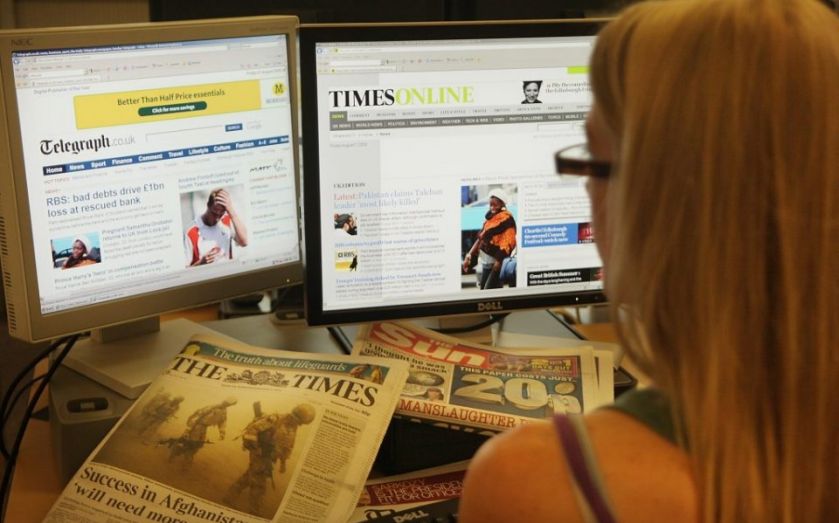Consumers, beware the consequences of blocking ads

Blocking the ads we see on the Internet may sound like a very appealing prospect to many readers, but the reality is that there are long-term consequences that the majority of people simply aren't aware of.
People don’t expect to pay to access to internet services they so dearly love, such as Facebook, Twitter, emails, watching YouTube or reading the news online. This raises a big question – how do these companies afford to employ thousands of people and develop the technology to provide these free services?
The answer is, of course, advertising.
Advertising essentially pays for the services you and I use on the Internet for free. So, if we block ads the site we’re visiting doesn’t receive any revenue for that visitor. However, less than half (44 per cent) of British adults online are aware that most websites are free because they’re funded by advertising.
Read more: Rapid growth of ad blocking costs advertisers £14bn in lost revenue
The bottom line is that if the web didn’t have ads, most sites could only exist by charging subscriptions. Now, it’s understandable that people may not be aware of this but a recent study the IAB did with YouGov showed that even when people are made aware that ads fund free content online, only 10 per cent of people said they’d be less likely to block ads.
This is worrying for all of us who rely on the internet every day, as the reality is, a free service with no ads is unsustainable. We’d all be in for a big shock if websites started charging for access because ad blocking reduces their revenue from advertising.
So, how do we remedy the situation? First, we need to understand why people block ads.
The IAB’s recent study revealed that ads are most likely to be blocked because they interrupt what people are doing (cited by 73 per cent) or the design is annoying (55 per cent) – for example. bright colours, pop-ups and so on.
More than half (54 per cent) do so because ads slow down their web browsing experience. This is both a warning to the digital advertising industry and a signpost of how to fix it.
Part of the answer is to provide ads online which enhance our lives, rather than ones that interrupt us, annoy us or slow us down.
Advertisers, publishers and technology providers have a key role to play in ensuring that sites are not cluttered with ads which interfere with people’s enjoyment of the web.
So it’s about making a choice – block ads but be prepared to pay to use free sites in the future. Think about watching the BBC, it’s free and doesn’t have ads because it’s funded by a licence fee. I wonder how much more willing people would be to receive online ads if it meant they didn’t have to pay an annual "internet licence fee" for £145.50?